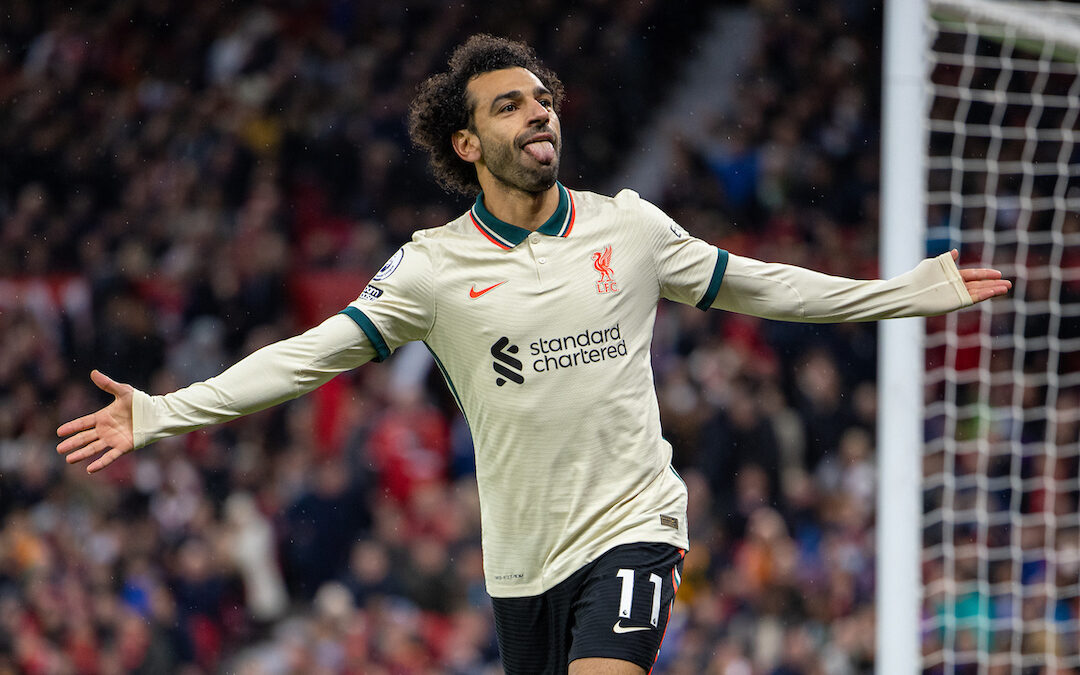The three talking points the panel discuss are Mo Salah’s contract, Manchester United’s managerial situation and Tottenham Hotspur’s troubles.
Gareth Roberts hosts Andy Heaton, Mo Stewart and Andy Bell…
Below is a clip from the show – to listen to more, click here to subscribe…
If you're already subscribed, click here to login...












Enjoyed this, especially the discussion on United. Good points all. The Glazers don’t give a damn what happens on the pitch – you could tell that from the minute they took over with a leveraged buyout.
It’s a very American way to view sport. Here in the US, sport isn’t competition for trophies (despite what most fans think and talking heads say), it is simply and solely a money-making enterprise. For some owners in certain markets, the best way to make money is to win things. For others, winning doesn’t matter. The Pittsburgh Pirates (MLB) had a four-year stretch where they finished last in their division back around 2007-2010. Two of those years they had the worst record in the Major League. The General Manager got a $1 million performance bonus. Why? He made the owners lots of money. He had a crap team that he didn’t pay very much and no one came to games, but there was still enough money coming in to make a very nice profit. That’s considered a viable strategy in the US where there is no relegation. While United isn’t going to be relegated anytime soon, they aren’t running the club effectively and just relying on their huge commercial revenues (as mentioned) to make up the difference. The question is, how shit do they have to be and for how long before they start to see their commercial revenues erode?
This is what the Super League was all about – trying to copy the American model for sport. There is no risk in the American model – the competition has been removed. You can be a poorly run club and still make money. Maybe not as much as a well-run club, but still a profit. It’s a guaranteed investment.
It’s a very American approach to sport just as it is a very American approach to capitalism. Here are all these businessmen, who would probably call themselves very good capitalists, trying very hard to remove one of the fundamental aspects of capitalism: competition. We’re told competition is what drives innovation, and there is evidence of this in how Liverpool have gotten back to the top (see some of Neil’s comments in the United Review). But competition brings risk.
The American version of sport removes this risk by creating two monopolies: a literal monopoly on the product and a geographic monopoly by only siting teams in certain areas. In this way, they can fill their stadiums or arenas even if their team isn’t very good, because there is usually only one nearby venue for most people in which to watch a game in person (sometimes two for NY, LA, or Chicago, which are large enough to support two). It leads to boring games, apathetic fans and a general decline in the ultimate product. Try to watch a midseason NBA game. It’s just 10 guys jogging around, one pass, then a jump shot. Incredibly boring and unwatchable. And I used to like basketball. I fear that ultimately football in Europe will fall down this path.
But not yet!